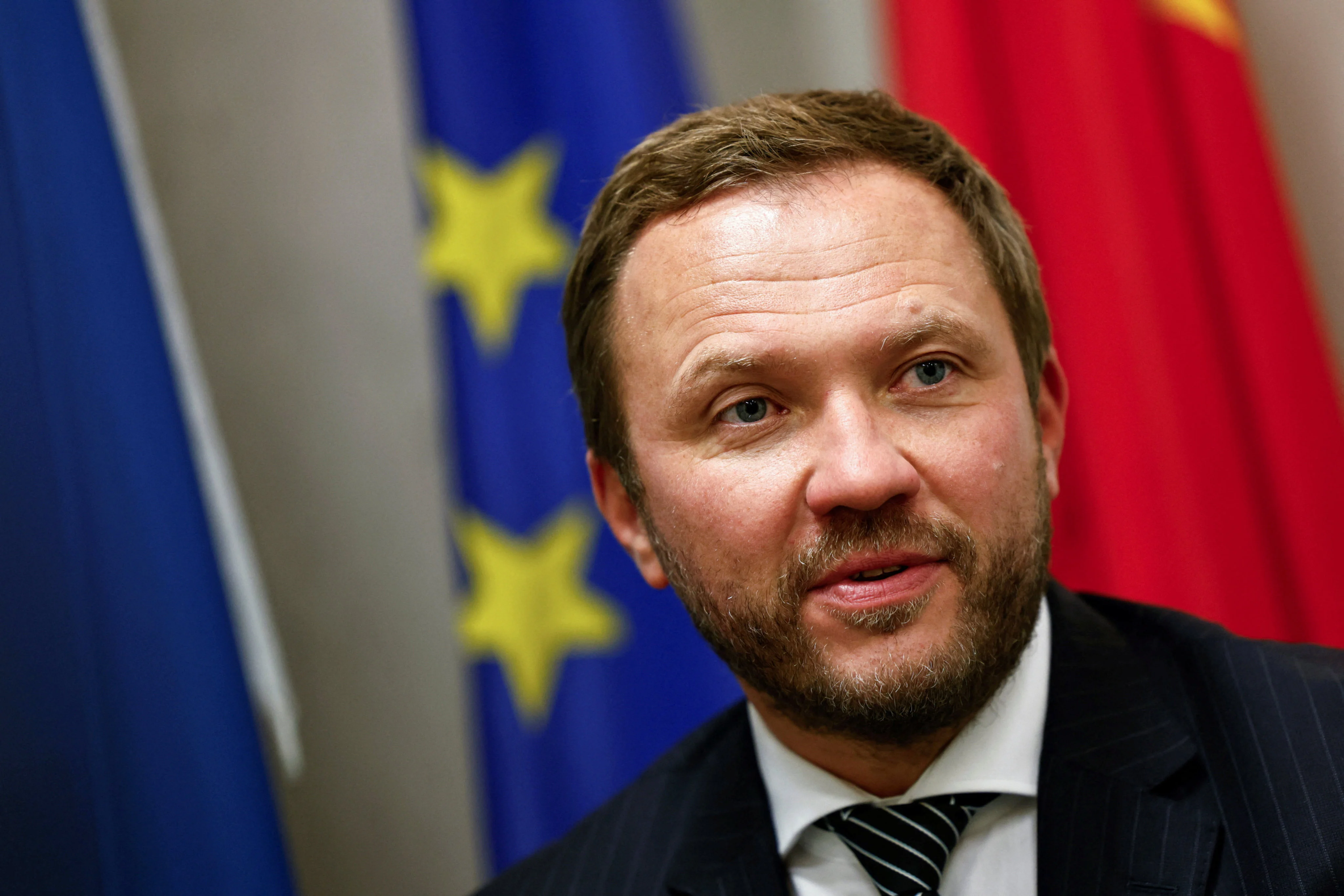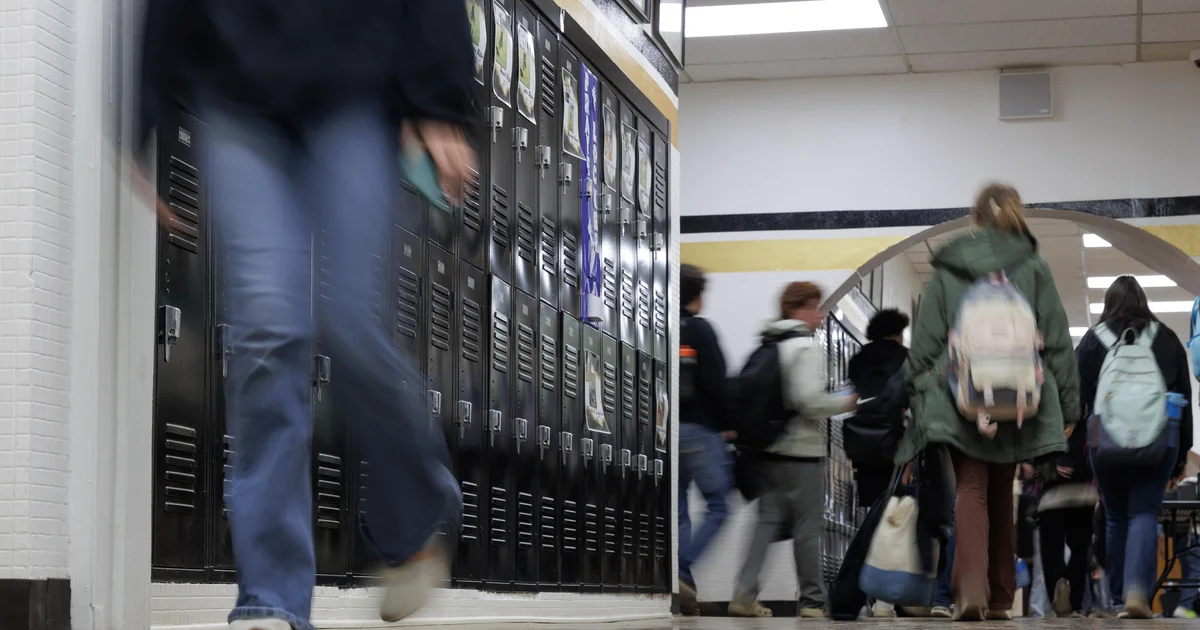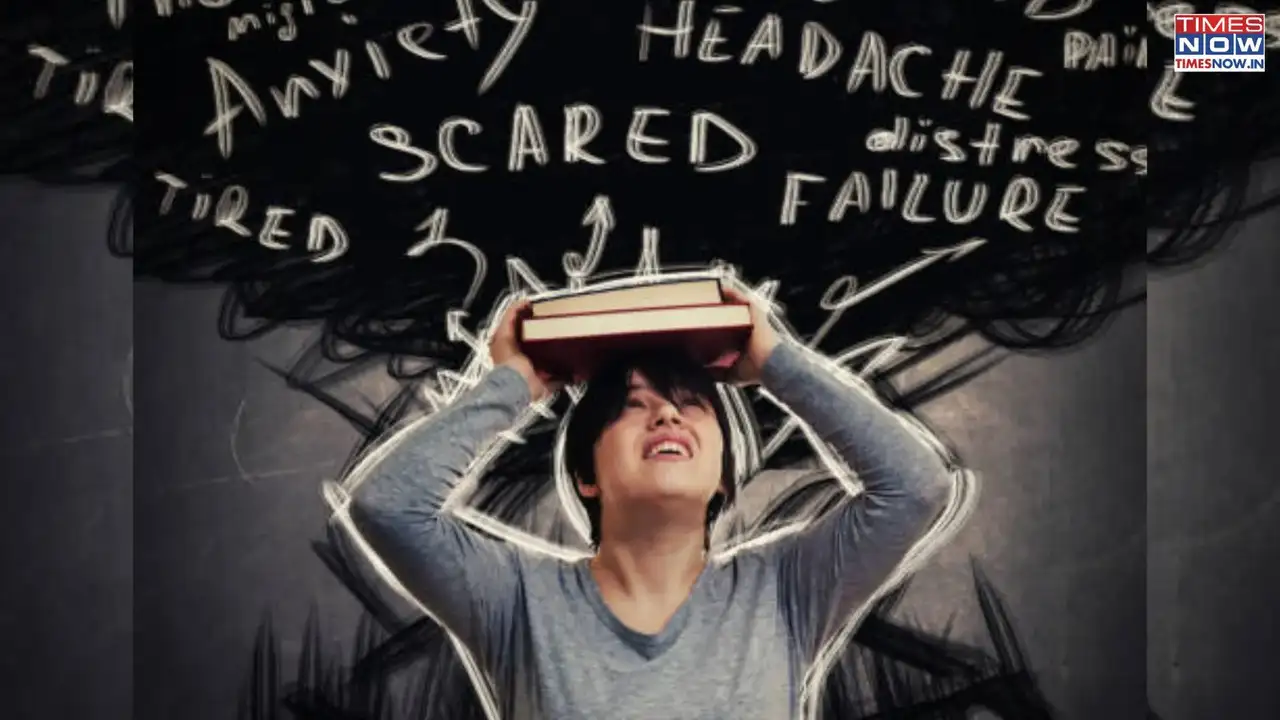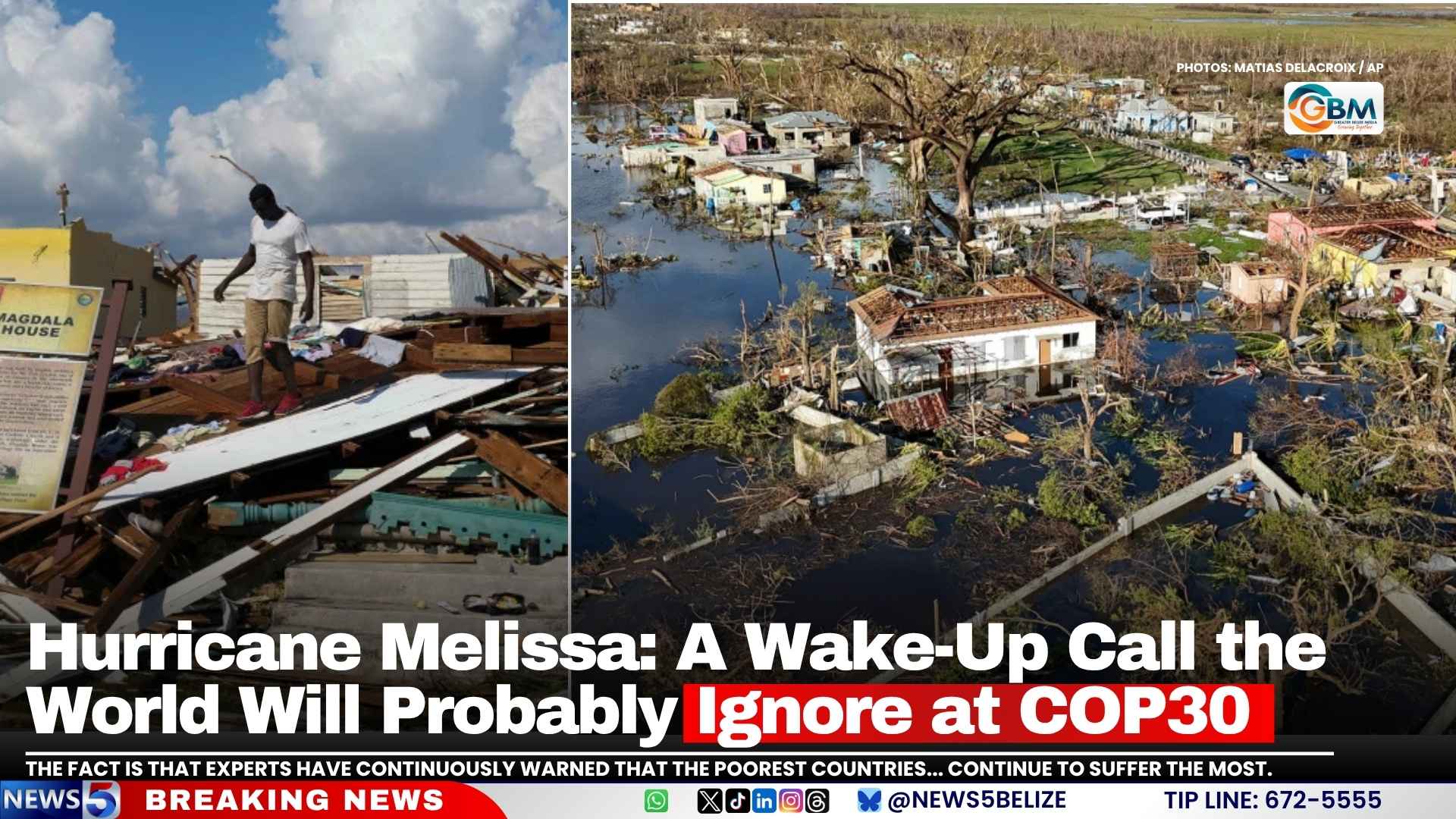Copyright scmp

European countries have been forced to boost defence spending because of the “threat” from Russia, Estonia’s Foreign Minister Margus Tsahkna said as he wrapped up a visit to China where he called for the country to put more pressure on Moscow to end the war in Ukraine. In an interview with the Post on Thursday, Tsahkna said: “President [Donald] Trump has been very clear that Europe must put skin in the game. Europe must take more responsibility.” Trump had previously threatened to leave Nato unless other members raised defence spending. At a summit in The Hague in June, members of the alliance agreed to raise their spending on the military to 5 per cent of gross domestic product by 2035. Two months earlier, Estonia, one of the smallest Nato member states, passed a €2.8 billion (US$3.2 billion) bill that would see the proportion of GDP spent on the military rise from around 3.4 per cent to 5.4 per cent by 2029. Tsahkna said this was a decision European countries had to make despite concerns it would mean less money to spend on civilian matters. “If you ask me, does Europe [need to] do more? Of course. Is it a good thing? I would like to spend this money on education instead of defence. But unfortunately, Russia is a threat and we need to do it,” he said. Tsahkna’s two-day visit to China was the first by an Estonian foreign minister in 10 years and came soon after a trip to Ukraine. During his meeting with his Chinese counterpart Wang Yi, Tsahkna called on China to end its economic support of Russia’s war in Ukraine and to join the efforts by Europe and the US in pushing for a ceasefire. “I explained our views about the Russian aggression to Ukraine because we are the neighbouring country and a small country for Russia, and for us, this is an existential question so we see everything through this lens,” Tsahkna said. He added that in Beijing he had raised issues he had recently discussed with Ukrainian President Volodymyr Zelensky. “Very openly I said that to stop the war, to push [Vladimir] Putin to the negotiating table is something that China could join on this pressure, because China has lots of power, and we are gaining actually the same goals or tasks,” he said. Beijing has repeatedly insisted it is neutral in the conflict and defended its close economic ties with Russia in the face of European criticism by saying it has the right to maintain normal trade relations. It has also repeatedly emphasised its efforts to prevent either side from acquiring technology that could be used on the battlefield. Beijing’s official statements about Tsahkna’s visit downplayed the talks on Ukraine and focused instead on its relations with Estonia and the European Union. Wang urged Tallinn to “play a constructive role in encouraging the EU to align its perception of China and to view and develop China-EU relations in a mutually respectful, positive and rational manner”, according to the Chinese foreign ministry. An investment deal between China and the EU hit a wall in May 2021 after the European Parliament voted to freeze the process in response to Beijing’s sanctions on several officials and entities. Some of the sanctions were lifted in April but so far there has been no sign that the deal is back on the table. Tsahkna said a deal would be “very important” for Europe and China, especially in light of Trump’s “America first” trade policies, but said the Ukraine war had overshadowed trade negotiations. He also said the two sides needed to iron out disputes over issues such as state subsidies for Chinese companies. Brussels has complained that these subsidies are distorting the market and undercutting its businesses, but Beijing has complained about “unreasonable” EU subsidy investigations and said its firms are being treated unfairly. Tsahkna also denied a recent report that Estonia had stopped Taiwan from opening a representative office – a de facto embassy – two years ago because of a dispute over its name. Nikkei Asia cited a source who said that the Estonians had blocked a request to use the name “Taiwan” in the office’s official name due to concerns about Beijing’s reaction. In 2021, Beijing recalled its ambassador from Lithuania and downgraded diplomatic relations after the Baltic republic allowed Taipei to open what was officially called the Taiwanese Representative Office. Beijing regards the self-ruled island as an inalienable part of its territory and said the decision by Vilnius had violated the one-China policy, a key cornerstone of Chinese policymaking and diplomacy. Most countries, including Estonia, Lithuania and other EU member states, do not recognise Taiwan as an independent state but oppose any attempt to take the self-governed island by force. Tsahkna said there had been no formal request from Taipei to set up an office in Estonia. “Estonia has a very clear one-China policy, and we are not going to change it at all,” he said. “There is no official request to open this office … Taipei is the name we allow. No other names.”



